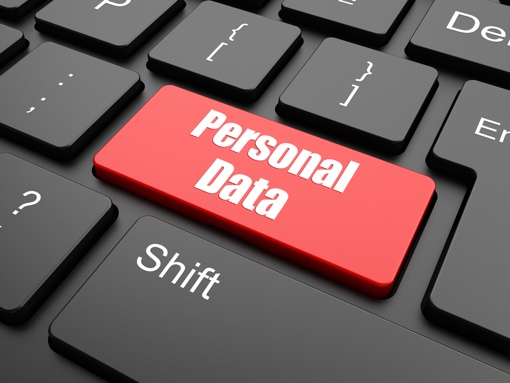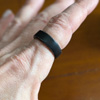 How confident do you feel in your ability to use the Internet without risking your personal privacy? If you’re anything like most Americans, you’re likely not very confident at all. According to a new Pew Research Internet Project poll, only 24% of adults surveyed agreed or strongly agreed with the statement “it is easy for me to be anonymous when I am online.” A full 91%, meanwhile, agree or strongly agree that consumers have lost control over how their personal data is collected and used by companies.
How confident do you feel in your ability to use the Internet without risking your personal privacy? If you’re anything like most Americans, you’re likely not very confident at all. According to a new Pew Research Internet Project poll, only 24% of adults surveyed agreed or strongly agreed with the statement “it is easy for me to be anonymous when I am online.” A full 91%, meanwhile, agree or strongly agree that consumers have lost control over how their personal data is collected and used by companies.
To be sure, keeping your personal info protected online is harder than ever. Sites like Google and Facebook collect data about your surfing habits and browser history to better advertise to you. Social media sites like Twitter make all your Tweets public by default. And some of the most popular messaging apps are among the least secure, according to research from the Electronic Frontier Foundation.
The Pew poll reveals that people are most confident in the security of the phone landline communications – only 31% of those surveyed suggested they feel their conversations are not secure. More modern communication methods get worse ratings: A majority believes that neither text messaging (59%) nor sending email (57%) are secure. And when it comes to chat applications, people are rightly concerned: 68% say they don’t feel their data is secure when using apps like Facebook Messenger. The government is a major driver of this privacy fear: 80% of adults report concerned about the government monitoring of phone calls and Internet communications.
Thankfully, you’re not helpless – there’s a lot you can do to protect your privacy online. Consider using a privacy-oriented browser like Tor or Mozilla Firefox, and a private search engine like Duck Duck Go. If you use a social media network like Facebook, you’ll want to read our guide to Facebook privacy settings and make sure you know exactly who you’re sharing with. You might also like our guide to deleting yourself from the Internet. And don’t forget to check out Techlicious’s Protecting your Privacy page, with all our recent stories about new threats to your personal data and tools to protect it.
[Personal Data via Shutterstock]















